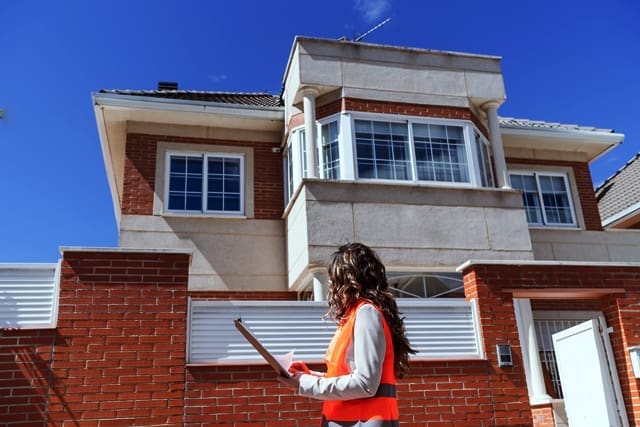Navigating the home buying process can be overwhelming, especially for first-time buyers. One crucial step that often determines the final decision is the home inspection. Understanding what this process entails and how it impacts your purchase can save you from potential pitfalls. In this guide, we’ll break down everything you need to know about home inspections, ensuring you’re well-prepared and confident. From the importance of hiring a qualified inspector to interpreting the final report, we’ve got you covered.
Why Home Inspections Are Essential
A home inspection is a critical part of the home buying journey, providing an in-depth evaluation of the property’s condition. This process helps uncover potential issues that may not be visible during a regular viewing. By identifying structural, mechanical, and safety problems early, you can avoid costly repairs down the line. Additionally, a thorough inspection report can be a powerful negotiation tool, allowing you to request repairs or a price reduction. Ultimately, this step ensures that your dream home doesn’t turn into a nightmare.
Choosing the Right Home Inspector

Selecting a qualified home inspector is paramount to receiving a comprehensive and accurate assessment. Look for inspectors with proper certification, such as those from the American Society of Home Inspectors (ASHI) or the International Association of Certified Home Inspectors (InterNACHI). Experience is also a key factor; an inspector with years of experience will likely identify issues more accurately. Don’t hesitate to ask for references or read online reviews to gauge their reputation. Remember, investing in a reputable inspector can save you significant headaches in the future. Another valuable avenue for finding a qualified inspector is to ask your real estate agent for a referral. Agents work with inspectors frequently and have first-hand knowledge regarding their performance and qualifications.
What to Expect During the Inspection
During the home inspection, the inspector will examine various aspects of the property, including the roof, foundation, plumbing, electrical systems, heating, and cooling systems. Typically, the process takes two to four hours, depending on the size and condition of the home. As a buyer, it’s beneficial to be present during the inspection to ask questions and gain firsthand insights. The inspector will provide a detailed report outlining any defects, maintenance issues, and potential future concerns. Understanding this report is crucial for making an informed decision about your purchase.
Interpreting the Inspection Report

Once the home inspection is complete, you’ll receive a comprehensive report detailing the findings. This document includes descriptions of issues, photographs, and recommendations for repairs. It’s essential to review the report thoroughly and prioritize the issues based on severity. Minor cosmetic issues may not be a deal-breaker, but significant structural or safety concerns should be addressed promptly. Discuss the findings with your real estate agent to determine the best course of action, whether it’s negotiating repairs, asking for a price reduction, or reconsidering the purchase altogether.
The home inspection process is a vital step in ensuring a sound investment for first-time buyers. By understanding its importance, choosing a qualified inspector, knowing what to expect, and effectively interpreting the report, you can make a confident and informed decision. This knowledge not only protects your financial interests but also provides peace of mind as you embark on this exciting journey of homeownership.
#HomeInspection #FirstTimeHomeBuyer #RealEstateTips #HomeBuyingProcess #HomeInspectionTips #PropertyInspection #HomeOwnership #RealEstateAdvice #HomeBuyingJourney
